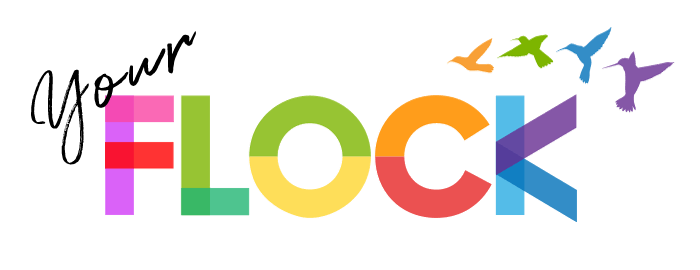Aren’t AI systems inherently dangerous and evil?
If they were, would legal firms use AI so much?
The modern myth of AI comes from the cinema and fiction. (Often horror or action movies.) Which would all become a lot more boring (and so gone to a lot less) if they were based on reality. The idea of an evil artificial intelligence taking over the world. Or over our jobs – is a story as old as robots and computers themselves. Whilst the fear of technologies like Your FLOCK and our team engagement platform taking over jobs. And society collapsing has been provably wrong again and again over centuries. The luddites. The worries over the bicycle. The panic of social change with the first industrial revolution.
“As we all know – society went on – we progressed. We evolved. If anything, MORE jobs were created with technology. Not less”
Dan Sodergren.
Now it’s AI systems that will take over the world and make human’s redundant. This is not going to be the case. It wasn’t then. It isn’t now. But it is interesting how law is looking at #AI and IP ownership and even employee law and recruiting. AI, or artificial intelligence, has been a buzzword for a while now. We’ve seen it crop up in video games and movies, but it’s finally starting to make its way into the workplace.
We work a LOT with small law firms and legal teams.
So we have a special eye on the legal and technology sectors. And right now we’re facing an influx of new technology that’s poised to change the way lawyers do their jobs. Technology like AI, which will soon take over tasks they may have only dreamed of automating. And it’s not just that their work is going to be different. It could be that their whole careers will be changed as we know it.
Which might not be a bad thing – in a sector plagued with burnout and high stress levels. And so the law industry represents an interesting example of this change. While certain aspects of legal work require deep knowledge of history and precedent. And therefore can’t be performed by AI. (A bit like company culture, team leaders and human interactions.) Other aspects of legal work could be streamlined. Or even performed by AI systems entirely as we move forward.
These AI systems that work in law. Cannot and will not be “evil” or morally unsound. As they are working in the very sector that upholds common decency. And the very laws that separate us from the beasts. If any sector is going to stop AI being evil or being used for immoral or illegal purposes it will be the legal sector.
So this is going to be an exciting year for lawyers. And their companies who want to understand the capabilities of new AI tools. A few of the new tools being developed for law are:
- Artificial Intelligence that can review specific documents. and provide a list of potential red flags or warnings on them. This tool will allow lawyers to focus on specific areas of the document. While leaving other areas open for other tools.
- Tools that can review legal cases in real time, with alerts if there are any major changes. These tools will allow lawyers to see what’s happening in their cases at any time. Rather than waiting until after trial to get all the relevant information.
- These new AI tools will allow lawyers to concentrate on what they do best. Putting their clients’ interests ahead of their own. Taking care of important details. And ensuring they get the best results possible in their cases.
It’s going to be an exciting time.
In the coming years, legal firms and technology will become integrated. As law firms and lawyers. But what does that mean for the future of work in the legal world? To answer that question. We first need to understand what it means when a lawyer is integrated with a technology.
For one thing, it means the lawyer has a wide range of skills and capabilities. That’s because of the integration of a lawyer with a technological system. Gives him or her access to all the information available through that system. An example of this integration is in the legal field itself. Lawyers already use computers to: find relevant case law, research issues, draft documents and do other professional work.
But as technology advances. And new ways of analysing and managing data emerge. Lawyers will be able to use computers to process large amounts of information. Much more efficiently than humans could ever do on their own. This is the same as using Your FLOCK.
So what does this mean for the rest of us?
So what does this mean for you? Don’t worry! True artificial intelligence is not going to happen overnight.
And there are many stark differences between AI now and AI in the future. As of 2022.
AI isn’t quite ready to take over yet.
But it is worth having a look at some great legal tech startups.
We don’t count YourFLOCK – our team engagement platform as a legal tech startup. Some people do. And we don’t use artificial intelligence.
But some employee engagement surveys and tools do.
Many companies believe you can improve an employee engagement survey using AI.
So if you are worried about AI in HR or recruitment and decision making. As a manager or team leader. Use Your FLOCK rather than those other systems out there.
References for the post on Your FLOCK FAQ
https://www.lawsociety.org.uk/en/topics/research/ai-artificial-intelligence-and-the-legal-profession
https://legal.thomsonreuters.com/en/insights/articles/ai-and-its-impact-on-legal-technology
https://venturebeat.com/2022/04/06/the-advantages-and-disadvantages-of-ai-in-law-firms/
https://www.lexisnexis.co.uk/blog/future-of-law/50-legal-technology-stats-you-need-to-know-for-2022





